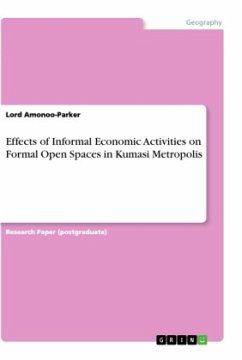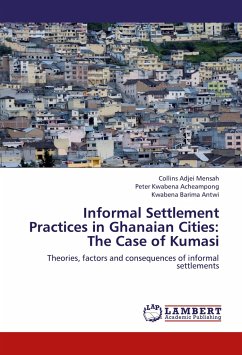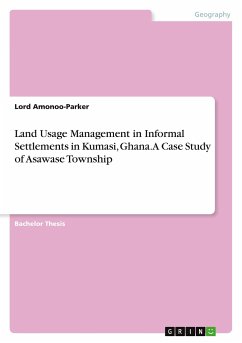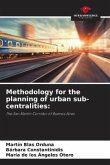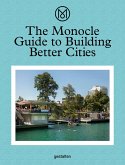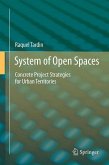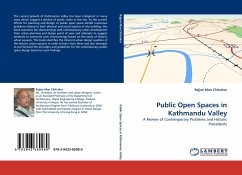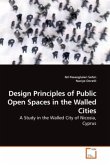Research Paper (postgraduate) from the year 2020 in the subject Urban and Regional Planning, grade: 75.00, Kwame Nkrumah University of Science and Technology, language: English, abstract: This paper discusses how informal economic actors utilize the various categories of open spaces in the Kumasi Metropolis. Furthermore, the effects of informal economic activities on formal spaces in the Kumasi Metropolis will also be examined. High rate of urbanization and fast growing economies have impacted on land use patterns. This paper examine how various informal economic actors are using the various categories of open spaces in the Kumasi Metropolis and how city authorities respond to their activities in these public spaces.The recent trend towards increasing informal economic activity in African cities and towns, coupled with the contribution of informal activity to urban and urban development efforts, leaves much to be desired. The research was specifically directed at assessing the effects of informal activities with a great deal of emphasis on the use and management of formal spaces in the metropolis of Kumasi and how to integrate it with activity in the management and development of urban areas. In order to maximize the capacity of the informal sector and its effects on formal spaces, there needs to be efficient integration of the business enterprises of the sector and the use of public spaces by stakeholders in urban management and development policies, as well as the effects of social inclusion on the use of public spaces.

